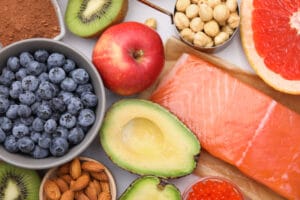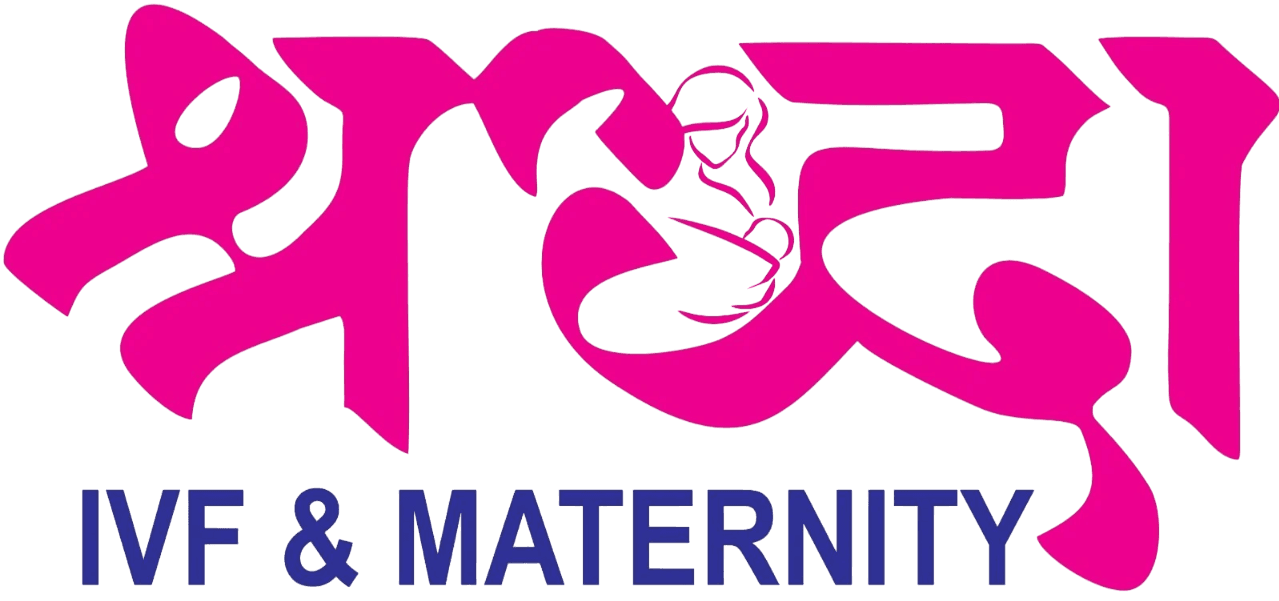Understanding the Connection Between Diet and Fertility
When it comes to enhancing fertility, diet plays a crucial role. A balanced intake of nutrients is essential not just for overall health, but specifically for reproductive health. Consuming the right foods can help regulate hormones, improve ovulation, and increase the chances of conception. A diet rich in fruits, vegetables, whole grains, and lean proteins supports a healthy reproductive system.
For instance, foods high in antioxidants such as leafy greens, berries, and nuts can help combat oxidative stress that might affect egg and sperm health. Furthermore, maintaining a healthy weight through a balanced diet is vital as both underweight and overweight conditions can impact fertility negatively.

The Impact of Lifestyle Choices on Fertility
Beyond diet, lifestyle choices significantly influence fertility. Regular physical activity, adequate sleep, and stress management are essential components of a fertility-friendly lifestyle. Exercise helps maintain a healthy weight and can promote better hormonal balance. However, it’s important to strike a balance as excessive exercise may lead to the opposite effect.
Stress is another critical factor that can impact fertility. High levels of stress can interfere with hormonal cycles and ovulation. Engaging in stress-reducing activities such as yoga, meditation, or even hobbies can aid in creating a more conducive environment for conception.
Essential Nutrients for Fertility Enhancement
Certain nutrients are particularly beneficial for enhancing fertility. For women, folic acid is crucial as it supports the development of the neural tube during early pregnancy. Iron is also important as it helps prevent anemia, which can be linked to infertility. Men can benefit from zinc and selenium, which are known to improve sperm quality.
Incorporating omega-3 fatty acids found in fish like salmon and flaxseeds can also support reproductive health by reducing inflammation and improving blood flow to reproductive organs. Ensuring a diverse intake of vitamins and minerals is key to supporting both partners’ fertility health.
Foods to Avoid for Optimal Fertility
Just as there are foods that enhance fertility, there are others that should be limited or avoided. High consumption of processed foods, trans fats, and excessive sugar can negatively impact hormonal balance and overall reproductive health. Caffeine and alcohol intake should also be moderated due to their potential effects on fertility.
For individuals trying to conceive, it is advisable to minimize exposure to environmental toxins found in some non-organic produce and household products. Switching to organic options when possible can reduce the burden of toxins on the body.
Personalized Approaches to Diet and Lifestyle
While general guidelines can be helpful, it’s important to remember that each individual’s dietary and lifestyle needs may differ. Consulting with a healthcare provider or a registered dietitian specializing in fertility can provide personalized guidance tailored to specific needs and conditions.
Ultimately, adopting a holistic approach that combines a balanced diet with healthy lifestyle choices can significantly increase the chances of successful conception and support overall well-being.



